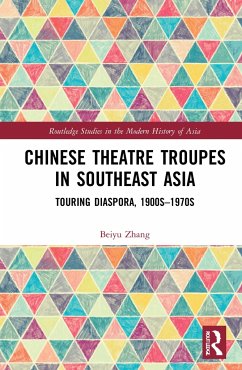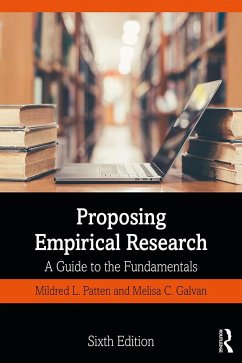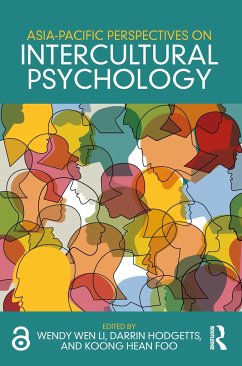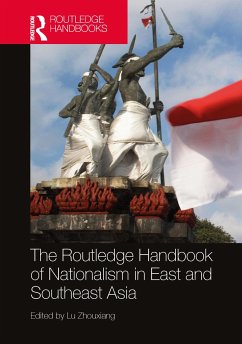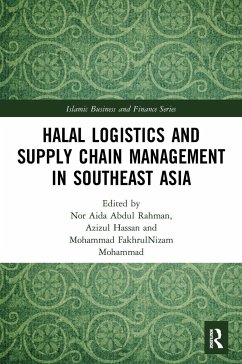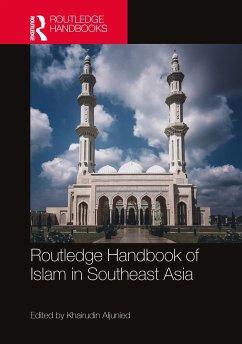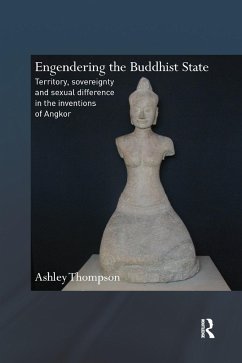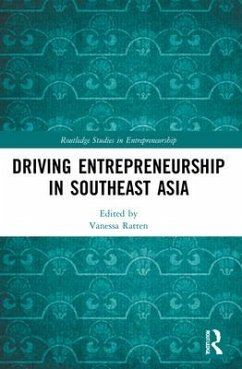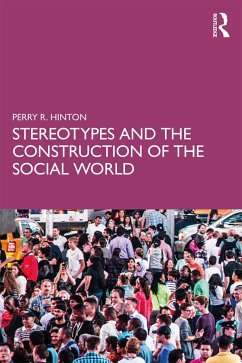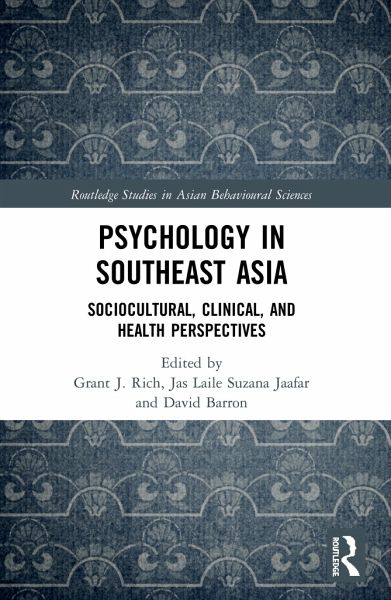
Psychology in Southeast Asia
Sociocultural, Clinical, and Health Perspectives
Herausgegeben: Rich, Grant; Jaafar, Jas Laile; Barron, David
Versandkostenfrei!
Versandfertig in 6-10 Tagen
45,99 €
inkl. MwSt.

PAYBACK Punkte
23 °P sammeln!
Despite diverse, rich cultural traditions and abundant economic opportunity, there has been a paucity of research on psychology in Southeast Asia. This book aims to fill that gap, with a series of well-written theoretical and empirical chapters by PhD psychologists in SE Asia along with respected international colleagues and co-authors from around the globe.In particular this book focuses upon critical sociocultural, clinical, and health issues and perspectives in psychology in Southeast Asia. Overviews help contextualize the cultural data, permitting nuanced examination of significant psychol...
Despite diverse, rich cultural traditions and abundant economic opportunity, there has been a paucity of research on psychology in Southeast Asia. This book aims to fill that gap, with a series of well-written theoretical and empirical chapters by PhD psychologists in SE Asia along with respected international colleagues and co-authors from around the globe.
In particular this book focuses upon critical sociocultural, clinical, and health issues and perspectives in psychology in Southeast Asia. Overviews help contextualize the cultural data, permitting nuanced examination of significant psychological issues in nations such as Malaysia, Indonesia, Thailand, Singapore, and more.
Psychologists and mental health professionals with interests in Asia will find this book to be a must-read, as will other readers seeking to deepen their cultural and international understanding.
In particular this book focuses upon critical sociocultural, clinical, and health issues and perspectives in psychology in Southeast Asia. Overviews help contextualize the cultural data, permitting nuanced examination of significant psychological issues in nations such as Malaysia, Indonesia, Thailand, Singapore, and more.
Psychologists and mental health professionals with interests in Asia will find this book to be a must-read, as will other readers seeking to deepen their cultural and international understanding.





